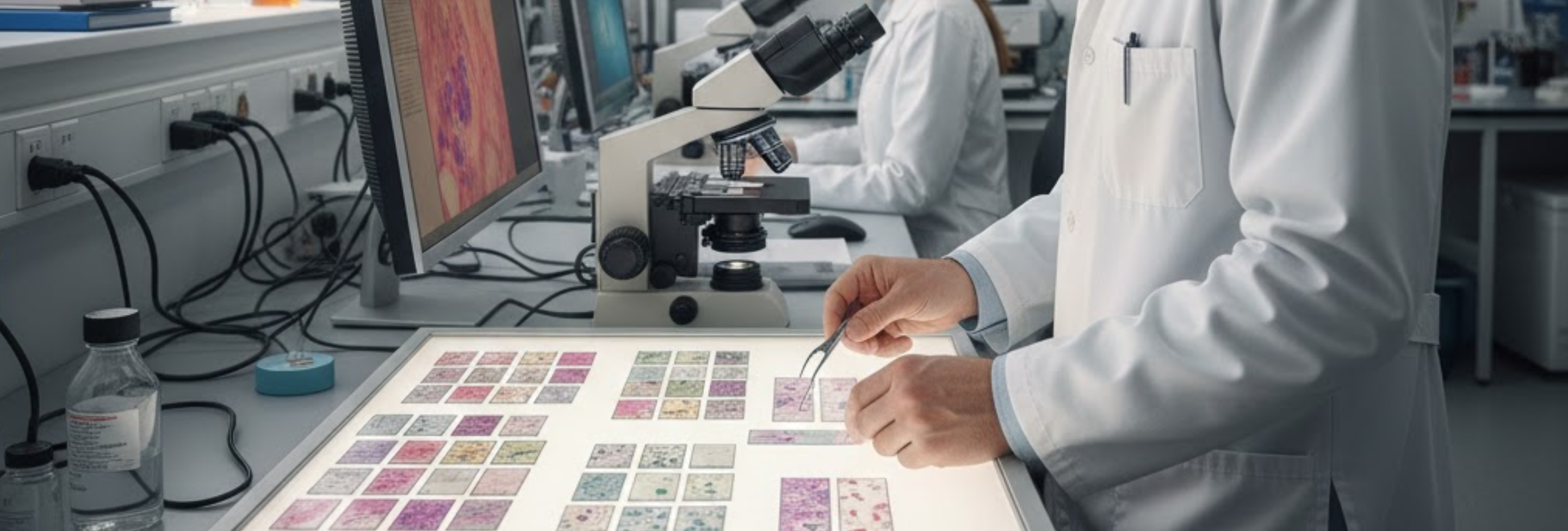When a 60‑year‑old African‑American woman was diagnosed with metastatic colon cancer, there was hope. Her physicians prescribed FOLFOX, a chemotherapy regimen combining 5‑fluorouracil (5‑FU), leucovorin and oxaliplatin, that has been a gold standard for colorectal cancers since the 1990s. Yet within days she became violently ill: her mouth and throat blistered, she suffered relentless vomiting and diarrhea, and her blood counts collapsed. Despite intensive care, she died shortly after her first cycle.
A Promising Treatment Gone Wrong
Before starting treatment she underwent genetic pre‑screening for the known DPYD variants that cause severe 5‑FU toxicity. The test, however, was designed to detect just a handful of mutations common in White, Western European populations. It missed a rare variant called Y186C, found almost exclusively in people of African ancestry, that cripples the body’s ability to metabolize 5‑FU [1]. Post‑mortem sequencing revealed she was carrying Y186C along with another DPYD mutation, leaving her defenceless against the drug. By the time her doctors learned the truth, it was too late.
The Hidden Bias in Genetic Testing
Her story underscores a troubling pattern: genetic testing and drug development are largely based on data from Northern and Western European populations. Across North America and Europe, pre‑screening for 5‑FU toxicity often looks for just four DPYD variants, leaving millions of people of African, Asian, Middle Eastern and Indigenous descent exposed to undetected risk [1].
In the United States, African‑American patients are three times more likely to have DPD deficiency than White patients, yet they remain grossly under‑represented in early‑phase clinical trials [1]. For this patient, that lack of representation meant the “standard” test falsely assured her and her care team that she could safely receive 5‑FU.
The Human Cost of Data Inequity
Today, about 84 % of the world’s population is still missing from the genomic databases used to design cancer drugs, predictive tests and AI models. That exclusion has real‑world consequences: misdiagnoses, avoidable toxicities and preventable deaths. A patient’s fatal reaction to a first‑line therapy is not just a medical anomaly; it’s a symptom of a system built on incomplete, non-diverse data.
Don’t Just Read. React. Act. Change Something.
If this story resonates with you, take action:
-
Share it: Raise awareness that standard oncology tests may not protect everyone.
-
Question it: Ask your healthcare provider whether your treatments and genetic tests reflect your ancestry.
-
Support change: Advocate for diverse participation in clinical trials and back initiatives that build inclusive genomic databases.
-
Join the conversation: Use #Remaining84 on social media to demand equity in precision medicine.
At PAICON we call this the Remaining84 problem, and it drives our mission. We are building a genetically inclusive data lake and AI models designed to work for everyone; not just the 16 % represented in today’s research. Personalized medicine can only be personal if it includes all of us.
References
- Saif, M. W., et al. ”A DPYD Variant (Y186C) Specific to Individuals of African Descent in a Patient With Life‑Threatening 5‑FU Toxicity: potential for an individualized medicine approach” Mayo Clinic Proceedings (2014) doi: 10.1016/j.mayocp.2013.09.008.



